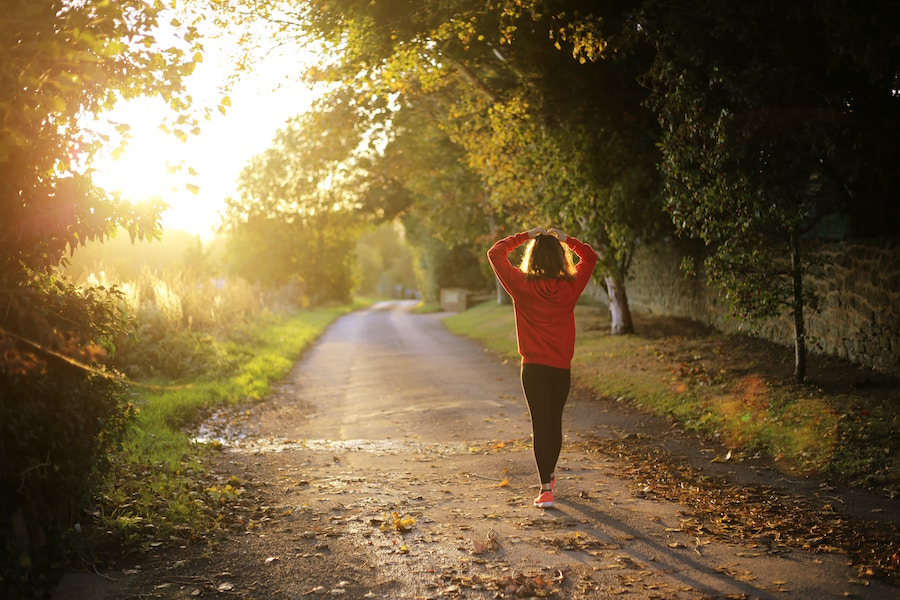5 Ways to Beat Performance Anxiety (For Teens) RSS

Being a teenager is a tough job. Being a musically-talented teenager with performance anxiety is tougher. Between pressures at school and an unrelentingly fast-paced society, it seems there’s never quite enough time to just be a kid. Music is your love and your escape, but those butterflies make it difficult to concentrate. If you’re feeling uncertain or depressed, you can try these following five tips to help you axe the anxiety.
Stay active
Exercise is one of the most important things you can do to help your body handle stress and anxiety. Physical activity stimulates your brain to release a chemical known as dopamine. Among other functions, dopamine sends signals of pleasure and reward throughout your body. About 30 minutes of activity every day is enough to keep your neurotransmitters firing. You can walk, run, ride a bike, or dance. And, since everything is better with friends, grab your bestie and get moving! You can even shake away the nerves before a performance. Jump around in place or meditate to refocus your mind. Tip: Yoga is a low-impact way to reap a number of health rewards.

Eat well
Food and mood go hand-in-hand and anxiety and depression can have a profound effect on your appetite. One day, you may not be hungry at all and the next you might want to eat every bag of chips in the house. However, neither of these eating habits will wane your worries. Try to eat an assortment of lean meats and fruits and vegetables every day. Avoid anything that comes prepackaged – especially those things with colourful cartoon characters on the box! Eat at least two naturally-coloured foods (e.g. carrots, green beans, tomatoes) at each meal to make sure you consume a proper assortment of vitamins and minerals. Tip: Never perform with an empty stomach. A growling stomach paired with a feeling of lightheadedness doesn't make for a good musical combination.

Know your troubles but don’t fixate on them
It’s important to try and identify situations that contribute to your anxiety. In this case, it is performing in front of others. When you know what’s wrong, it makes it much easier to talk about it with a friend or trusted family member. The best person to talk to is your coach or musical mentor, as they have likely experienced the same feelings and can offer advice and tips. Opening up is a way to let off some proverbial steam so that your anxiety doesn’t build up to the point where you turn to negative behaviours just to feel better. It is not uncommon to find adults fighting alcohol and drug abuse who suffered from anxiety in their teen years. Tip: Keep a diary or journal and bookmark the days you felt the best so you can look to those later for mood-enhancing inspiration as well as positive trends.

Express yourself
You don’t have to be an artist to involve yourself with a little creative expressionism. During periods of extreme anxiety, take a moment to yourself to draw, paint, or write. It does not have to be anything fancy – a simple doodle on a napkin can help you reset your emotions and focus on what’s really important: you. Perhaps you could try your hand at composing, or teach yourself a new instrument. Tip: Look to nature for inspiration; there is an entire world just outside your door so it should not be difficult to find something that sparks your creative interests.

Keep an eye on the positive
Anxiety can make it difficult to see past your immediate fears. If you realise that all you notice is negative, make a special effort to pay closer attention to the things that make you happy. For instance, if the rain makes you feel anxious, just remember it’s the downpour that makes the flowers grow. Tip: Take a moment to write down all of your strengths and learn how to focus your attention on those things you believe make you a better person.

There are more than a half a dozen known anxiety disorders. Many are caused by an underlying health condition such as diabetes or irritable bowel syndrome. In addition to the tips above, listen to your doctor and follow any advice he or she may offer you on how to deal with your specific anxiety issues. Remember, anxiety is a legitimate health concern and it isn’t going to go away overnight. Be patient with yourself and don’t give up even when you give in to your feelings.
Noah Smith conquered his anxiety battles as a child. Today, he conquers places in his travel adventures. He writes for WellnessVoyager and enjoys offering his travel expertise to readers.
Thanks to photographers (in order):
Clem Onojeghuo Emma Simpson Juja Han Brook Cagle Alex Holt Yingchou Han